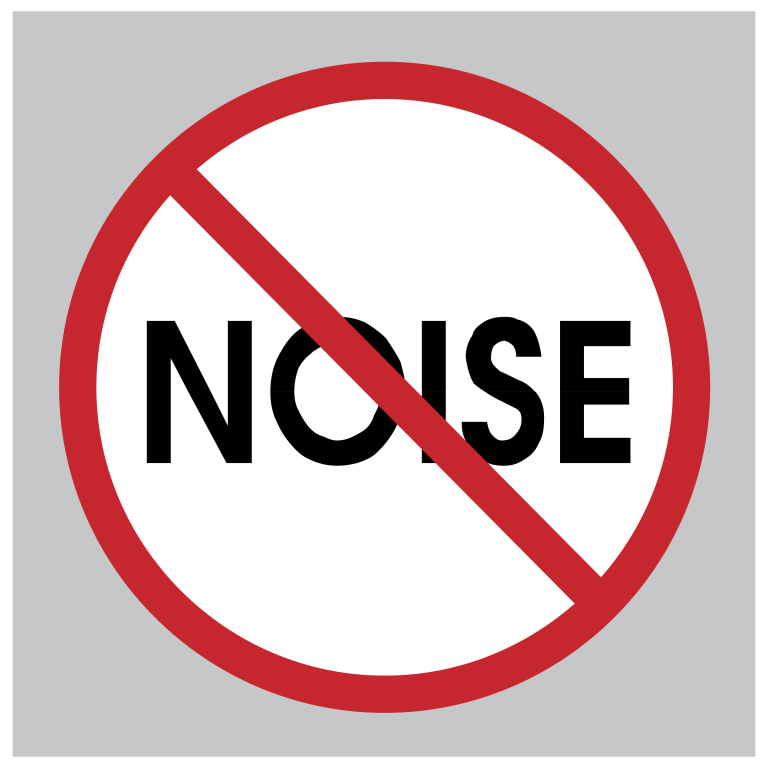When there’s no ear for music…
Hello, my friends.
Hello, music lovers, listeners and performers.
Today, I’ve decided to shed some light on quite an uneasy topic – an issue most of us try to avoid. By all means.
So, what is it?
Let me educate you on ‘ear for music’ this time. By the end of this article – in about 6 minutes - your understanding of this concept will have radically changed. I swear.
Let’s get off with some basics.
What is ear for music
I feel like starting with a proper definition for ‘ear for music’.
The general trend is to overcomplicate this concept while, in actual fact, it implies no more than a basic human ability to perceive sounds through sensory organs. In other words, ‘to have musical ear’ simply means ‘to be able to hear sounds’.
And given that musical sounds are part of sounds in general, if you have no trouble with sound perception, then you have no problems with music perception as well.
As easy as pie, isn’t it?
Still, it’s pretty amusing how we people tend to complicate matters – and confuse our own selves.
But let’s move on.
Types of musical ear
As ear for music is a rather multifaceted phenomenon, it’s only natural that we may distinguish a variety of types, according to different criteria.
That is:
- internal and external (ear);
- absolute and relative (pitch).
To say nothing of such types of ear as pitch, melodic, metrorhythmic, harmonic, timbre, dynamic, modal, polyphonic, and the lot!
But anyway, no matter how many types of ear there are, here’s a quick reminder: on the baseline, musical ear is the ability to hear and distinguish SOUNDS.
The rest is a detail.
What’s more important is a wealth of destructive stereotypes concerning musical ear.
Please take a close look at the following myths as they are very likely to alienate you from doing music!

Ear training: main stereotypes
Stereo 1
Having a musical ear implies an ability to sing songs correctly or play a tune unaware of a single note.
That MAY BE TRUE – but not in every case.
While there is a correlation between having an ear for music and being able to play impromptu or sing passing well, I’d rather you didn’t draw the wrong conclusion here.
The aforementioned skills require and allow training – and a well thought-over set of exercises (different in each case).
That’ll do it.
Stereo 2
I’d rather say there are 2 stereotypes here.
- If somebody or other tells me I have no ear for music, I can’t do music.
- If a music teacher tells me I have no ear for music, I can’t do music.
In either case, I beg you: don’t jump to conclusions.
I understand how strong your prejudice about yourself and your ability for music may be, you having been criticized from the cradle.
Obviously, the second source of ‘information’ is by far more harmful for a music newbie. As for some unknown reason we seem to trust professionals so much that we switch off our own critical thinking – which is always a bad idea.
Chances are that by saying you have a ‘tin ear’ your teacher meant your lack of absolute ear or pitch.
While that could be the case, the good news is that the latter is A SKILL. And each and every skill can be developed by persistent effort – with no faking.
So, not too fast, even professionals make mistakes every now and then.
Don’t allow even a music ‘pro’ ruin your self-esteem and desire to do music.
Make it specific, ask extra questions and get back to the definition of musical ear.
And never give a chance to some off-the-cuff remark to kill your dream!

Stereo 3
‘I can’t sing = I’ve got a tin ear’
The equation simply doesn’t work as singing is much broader than sensitive hearing.
To sing like an angel, one should add a good command of their own voice.
Which, again, is a learnable skill.
So, it’s unreasonable to judge about a person’s musical ability in general and musical ear in particular solely by their singing ability.
Stereo 4
Musical ear is practical. Musical notation is only theory. So, you don’t need musical notation to educate your ear.
So many questions pop up when you hear musical sounds.
For example, is it a low- or high-pitched sound?
What is the sound’s exact pitch?
What is its duration?
Is it a single sound – or maybe two sounds at a time?
And when there is a melody, there add more and more questions.
To really deeply perceive and understand music – in other words, speak the ‘musical language’, - you WILL NEED musical notation including notes, melody lines and accords.
This will build a solid ground for developing your ear, ability to play and sing by feel.
Outro
As you can see, there exist quite a few stereotypes on musical ear.
So please take in what I’ll be saying in the next passage, with attitude.
Forewarned, forearmed!
Hope this read has been of use for you and has also given you a buzz!
I’ll have new ‘tasty and healthy’ articles up and ready for you.
Soon!

